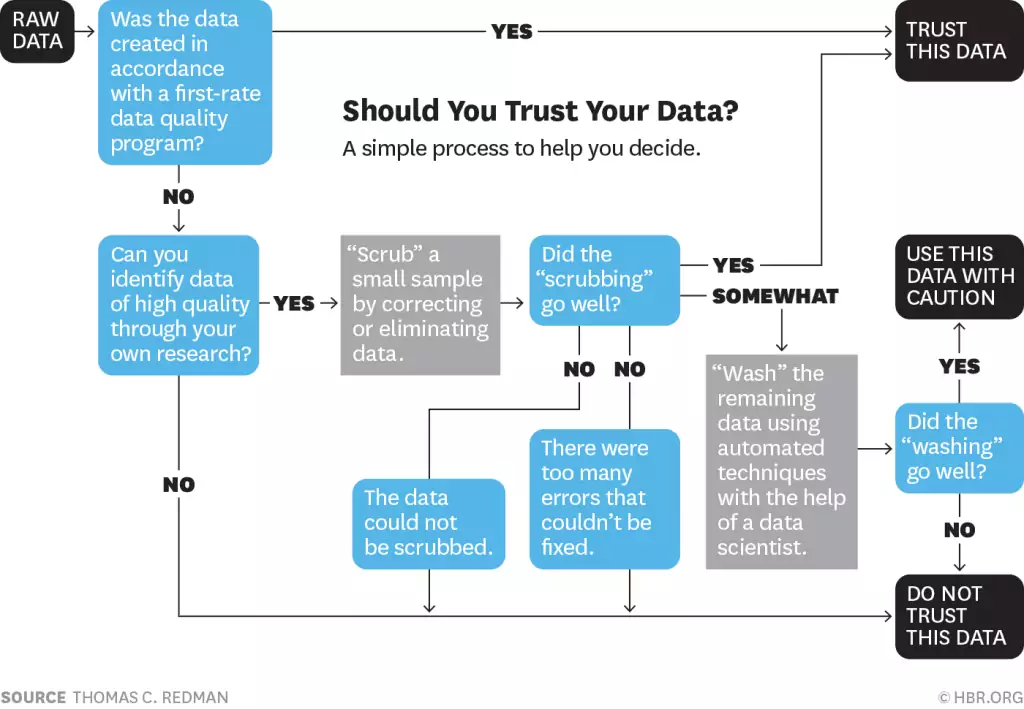The author of the linked Harvard Business Review article, Thomas Redman, helps companies study their data to improve its quality. He offers some very interesting insights on the accuracy and value of your data, and how to improve it.
This concept is next level thinking most organizations never reach, because they treat their data as a necessary evil they are required to keep by law, or in case someone asks for it. Perhaps a management team member is given responsibility for “records”, but not a budget, and so the information continues to govern the organization, instead of the other way around.
Many organizations get frustrated and throw money at the problem, like an initiative to scan every piece of paper in the building, or by buying an expensive software with electronic content management as a focal point. But these aren’t solutions to the problem of better using their data, they simply hide it in another format.
We recommend that our clients develop an information governance committee that includes several members of the management team to set goals and a budget for better utilizing the organization’s information. Storage and access become functions of this problem, and therefore aren’t treated as the problem itself. Once they’ve agreed to a strategy and budget, their team has appropriate context for why they are making the decision to scan or not to scan, to buy a software with specific capabilities, and can make a strategic decision, not a buying decision.
If you can avoid the trap of buying technology without a strategy, you’ll unlock the value stored in your organization’s data.




